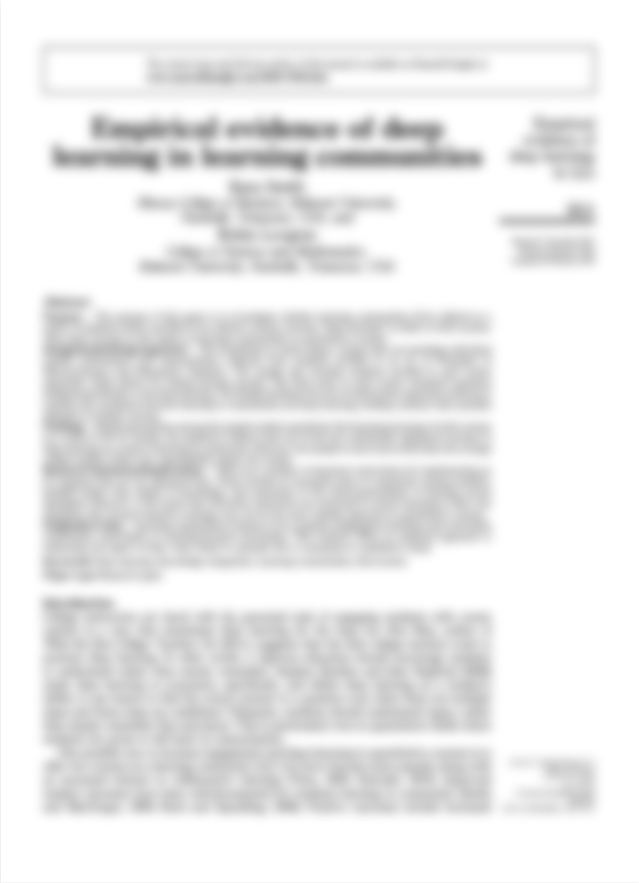You might have access to the full article...
Try and log in through your library or institution to see if they have access to the full text.

You might have access to the full article...
Try and log in through your library or institution to see if they have access to the full text.
